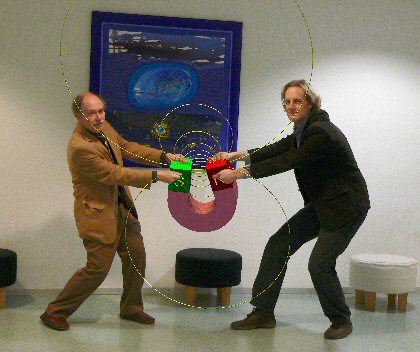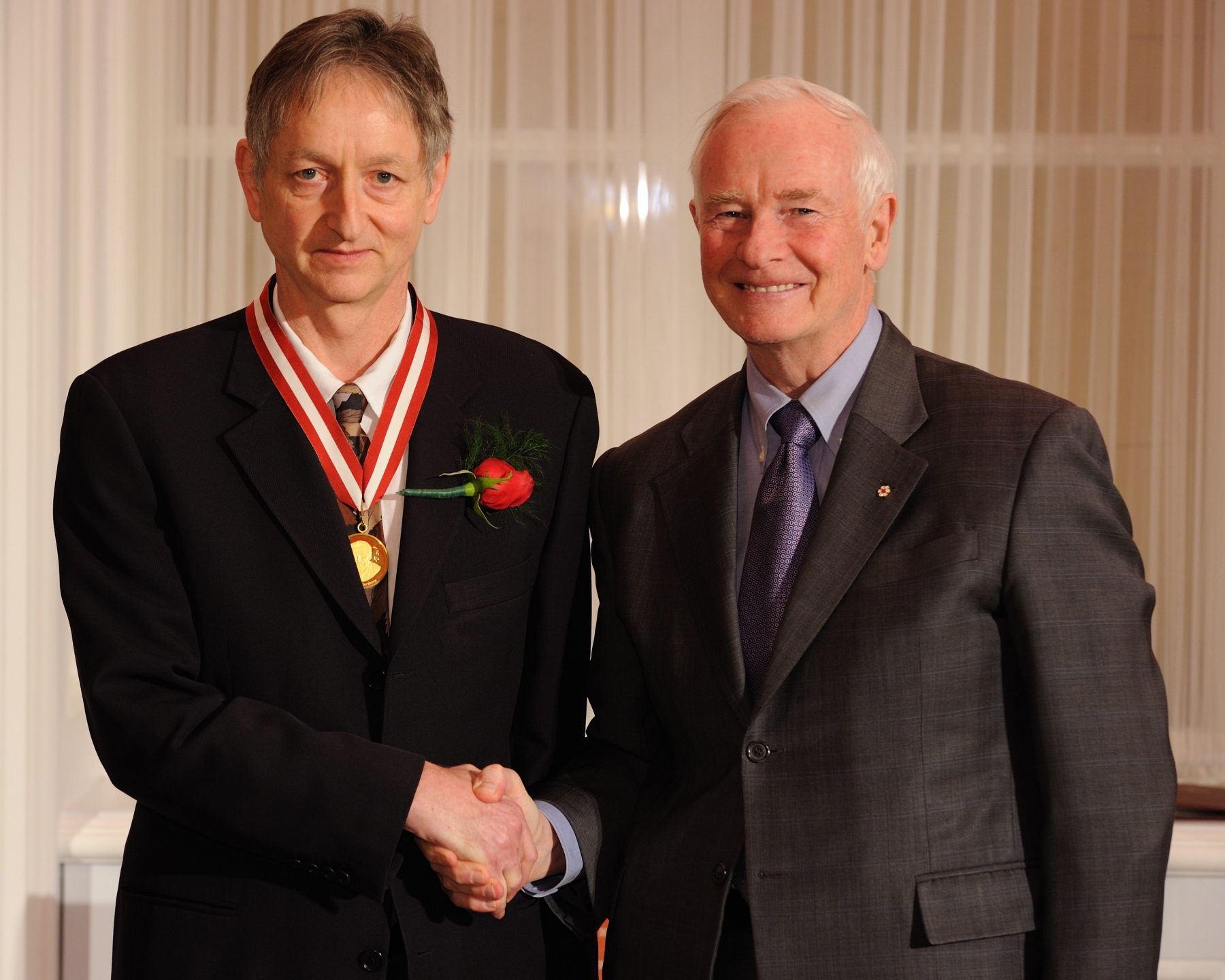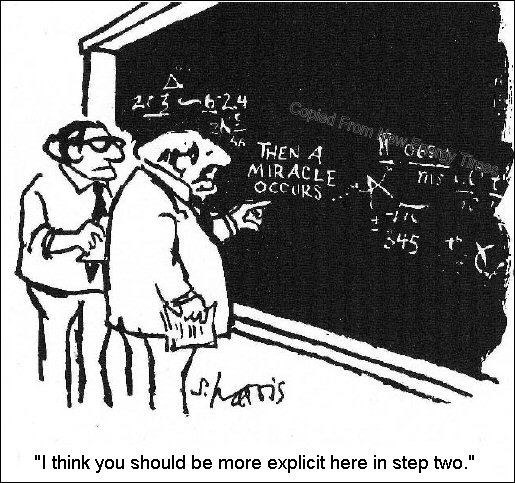Determinism Vs Quantum Theory
Ask any scientist this question:
"Is the universe governed by laws?"
If they reply "Yes." then their view is necessarily one of cause and effect: no other laws are possible. The moment only laws exist, determinism is the case.
This isn't my out-of-date view, it is requirement of logic.

Anything that is forced to behave solely according to laws necessarily has a determined, causal and definiate history and future. Even when Time is not used in the model everything that can exist is utterly inevitable in every part of its being. True for the insect and true for the star...and true for balls on a games table:

There are more things in the world than position and speed eg fields, but they are all manifestations of laws, and when you know enough of them you can predict accurately, and even easier, you can plot the past accurately.
Althoigh it is likely there will always be more of the world to calculate than we can ever know, the better techniques like measurement and maths we have, the greater detail you'll be able to plot.

A very few thinkers like Nobel physicist Geradus tHooft (left) can be acused of pullinjg quantum theory apart, but he is returning it to Cause and Effect.
http://www.staff.sci...H_lectures.html
We scratch the surface of knowing the world but we can know some things, arguably subjectively: subjecive for you, and subjective for the species, or group.
Cause & Effect are not finished as one quantum theory enthusiast asserted, they are the philosophy by which we understand and govern our world.
The place may be too big for Man to answer important questions of philosophy, and may have to wait for post human artificial general intelligence.
Many questions have been answered that baffled philosophers: 'Is there Free Will' has been replaced by 'How many degrees of freedom does a system have?'
and "What is consciousness?" by " How many decision-actuation systems can a syetm be engineered for?"
Logician George Boule's great-great-grandson Geoffry Hinton (left) pointed out that such questions are pre-science issues (and calculation power enables solutions to fundamental questions).
radio interview May 2015 1/2 hour.
http://www.cbc.ca/ra...9621,2666350952
Edited by the hanged man, 16 July 2015 - 02:51 PM.


























































